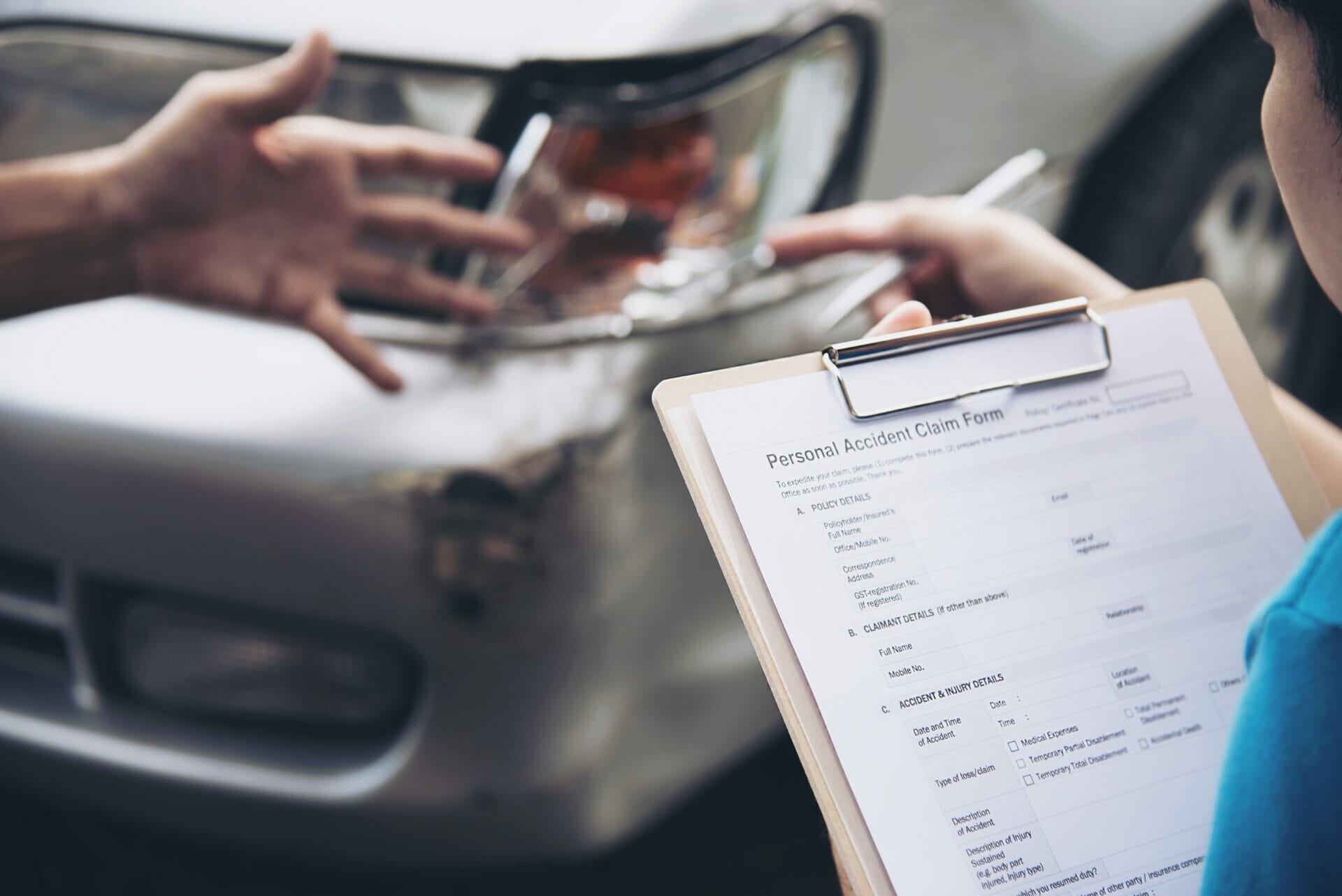In many ways, the legal system in the U.S. is very complex. And one of the most confusing parts of it can be knowing what documents you need and when, especially for personal injury claims.
Having the right documents can give you the best chance of getting the compensation you deserve. Four key types of documents are vital for success in a personal injury claim:
1. Investigation Results
Imagine that you were in a car accident. After the accident, someone calls 911. This results in a police officer coming to the crash scene. Typically, this police officer investigates the accident and writes a report. You can use this report as evidence to support your car accident claim.
But a police officer isn’t the only person who might investigate the accident. Your lawyer will work to gather evidence as well. You can also take photos of the damage or collect the contact information of witnesses.
Everyone who investigates the crash will often write a report or create other physical evidence. The usual evidence from these investigations includes:
- Police reports
- Photos
- Eyewitness statements
- Videos
- GPS records
And these are just the records related to car accidents. There are hundreds of other types of personal injury cases. Each of these types of cases requires different evidence. For instance, a lawyer might request design plans for a defective product claim.
2. Medical Records
You can only make a personal injury claim if you were injured in some way. Typically, this means you were physically injured. But the insurance company won’t just take your word on that. You need to prove that you were hurt.
By providing the insurance company with medical records, you can show that you were hurt on paper. This is true even if you only suffered emotional or mental harm. Medical records from a psychiatrist are just as good as records from a traditional doctor.
Your doctor creates a medical record whenever they treat you. So all you need to do to get these records is to ask your doctor to share them with the insurance company.
3. Insurance Company Records
The best advice you will ever get about insurance companies may be to keep a record of every interaction you have with them. Your insurance company will likely try to pay you as little money as possible for your claim.
Because of this, you need proof that you did everything you should have during the claim process. This means you should keep both physical and digital records of all paperwork you fill out.
Furthermore, almost every insurance company records phone conversations. Thus, even if you don’t record your phone calls, your lawyer may be able to get those records from your insurer.
Usually, your attorney will only need this evidence when an insurer is acting in bad faith. But even if your insurer is being fair, your lawyer can often use this evidence to get you more money.
4. Receipts
Finally, you need to show the insurance company how much money you spent due to your injury. For example, you can give the insurance company copies of your medical bills or receipts for cab rides. All of these receipts need to be for costs resulting from your injury.
It’s a good idea to keep copies of receipts for anything you pay for after an accident. Then your attorney can figure out which ones support your claims. You may not need all of your receipts. But it is better to keep more information than you need than to not be able to prove you spent money.

How Lawyers Use These Documents
The average personal injury claim doesn’t go to trial. Your lawyer will often negotiate for a settlement long before a trial starts. Both sides can avoid going to court by agreeing to a monetary value.
But that doesn’t mean you don’t need this evidence. Your lawyer uses these documents to get you more money. The more evidence you have, the more likely you are to win at trial. And the insurance company knows this, too.
As a result, your attorney will present as much evidence to the insurance company as possible. Faced with a mountain of documents, most insurance companies will settle rather than risk paying more money after a trial.
Other Documents Also Used in Court
Sometimes, the insurance company refuses to agree to a fair settlement. While this is frustrating, it doesn’t mean you’ve lost your case. All of these documents are also valuable in court.
The U.S. legal system requires you to prove every element of your case with evidence. So your lawyer can use the same evidence they showed to the insurance company to prove your case in court.
How Long Does It Take to Collect Documents?
The legal process is often lengthy. That is partially because gathering documentation can take a long time. The time it takes to collect your documents depends on how complex your claim is. More serious injuries may require more extensive documentation. A personal injury attorney can make this process as quick as possible.
Contact a Personal Injury Lawyer from The Joel Bieber Firm Today
After getting hurt, it’s vital to speak to a lawyer as soon as possible. A qualified attorney can help you collect evidence quickly. And once you have that evidence, you will be ready to file your personal injury lawsuit to get the money you deserve.
The skilled team at The Joel Bieber Firm can fight hard to protect your rights and recover your money. We have over 400 combined years of experience. You can find us at seven locations across several states. Contact us now and book a free consultation with us today.
Interesting Reads:
Medical Malpractice Law in Virginia
Bike Related Fatalities Reported in Virginia

